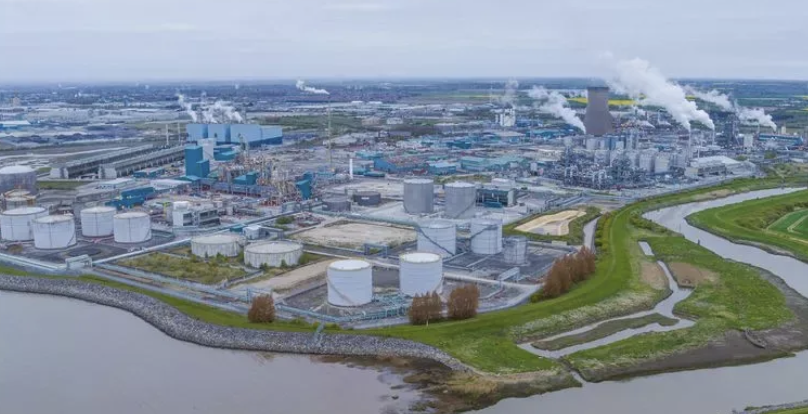Plans for a hydrogen and carbon capture plant which could create more than 2,000 jobs have been approved for a site at Salt End.
Norwegian energy company Equinor is behind the plans for “H2H Saltend”, with the objective of cutting emissions at the Saltend Chemicals Park by up to a third.
The plant is being described as “one of the UK’s key decarbonisation projects”. It is understood that work could begin between 2026-30 and, once operational, around 2,200 jobs could be created.
Project Director Derek Ho said: “This key project could help to kick-start multiple decarbonisation initiatives in the Humber. It is an important first step in creating a low-carbon hydrogen economy and achieving net zero in the Humber, safeguarding local industries and creating greater opportunities including new jobs and skills, whilst helping the UK to tackle climate change.”
Equinor says the site will be one of the UK’s first on this scale, to be approved in the UK. Plans envisage building a 600-megawatt, low-carbon hydrogen plant at Saltend Chemicals Park, with the hydrogen being used in chemical processes by companies based nearby. It would also directly replace natural gas in a number of industrial facilities, reducing the carbon intensity of their products.
The site would also include a carbon capture and storage facility. Almost 900,000 tonnes of CO2 would also be captured and sent for storage below the North Sea, equivalent to taking around half a million cars off the road.
The Humber region produces about 12.4m tonnes of CO2 every year. Saltend Chemicals Park produces roughly the same amount of emissions as the whole of Merseyside, and Equinor estimates that the H2H project would help cut emissions here by up to a third.
H2H Saltend could also form part of an “East Coast Cluster” carbon capture transport and storage network. Operators such as Equinor will soon be able to bid to be a part of this cluster.
Pipelines would run from Easington in the East Riding and across northern Lincolnshire, including to a carbon capture power station at Keadby, which was approved in 2022. Pipelines would also run to Drax power station, near Selby, and transfer CO2 out for sub-sea storage. Equinor says these proposals could make the Humber, the UK’s most carbon-intensive industrial region, net-zero by 2040.



